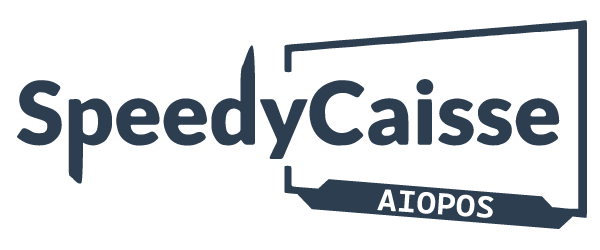Think about alternative perspectives: Contemplate different perspectives or interpretations of the text and think about how they could affect the author’s argument. Assess the author’s reliability : Consider the author’s trustworthiness by considering their expertise, biases, and motivations.
Take into account the context: Contemplate the historical, social, cultural, and political context in which the text was written and how it affects its indicating. Pay out focus to language: Pay out awareness to the author’s language, including metaphors, symbolism, and other literary equipment. Synthesize your examination: Use your investigation of the text to acquire a well-supported argument in your critical assessment essay.
https://www.reddit.com/r/essaywriterbay/comments/10gsllj/trustmypaper_review/ Step two: Crucial Investigation Creating. Here are some suggestions for significant analysis crafting, with examples:Start with a potent thesis assertion: A robust vital investigation thesis is the foundation of any important examination essay. It should plainly state your argument or interpretation of the text. You can also talk to us on how to write a thesis statement.
- Just what literature inspection?
- Tips on how to write a refractive essay on an encounter?
- What exactly is story essay?
In the meantime, here is a distinct instance: Weak thesis statement: ‘The author of this posting is improper. ‘ Powerful thesis statement: ‘In this write-up, the author’s argument fails to contemplate the socio-financial things that contributed to the issue, rendering their evaluation incomplete. ‘ Use evidence to guidance your argument: Use proof from the text to assist your thesis statement, and make confident to clarify how the evidence supports your argument.
For case in point: Weak argument: ‘The creator of this report is biased. ‘ Robust argument: ‘The author’s use of psychological language and selective evidence implies a bias towards one particular distinct viewpoint, as they fail to look at counterarguments and existing a balanced evaluation. ‘ Analyze the evidence : Analyze the evidence you use by contemplating its relevance, trustworthiness, and sufficiency. For example: Weak examination: ‘The author mentions stats in their argument.
‘ Powerful investigation: ‘The creator works by using data to help their argument, but it is critical to take note that these statistics are out-of-date and do not get into account current developments in the field. ‘ Use rates and paraphrases proficiently: Use prices and paraphrases to help your argument and properly cite your sources. For case in point: Weak use of prices: ‘The author stated, ‘This is critical.
- Precisely what is a critique essay?
- What is the recommended typeface measurements for the essay?
- What is the difference between revising and enhancing?
- Just what persuasive essay?
‘ Powerful use of quotes: ‘As the author points out, ‘This issue is of utmost value in shaping our knowledge of the problem’ (p. ‘ Use distinct and concise language: Use obvious and concise language to make your argument quick to recognize, and prevent jargon or extremely complex language. For case in point: Weak language: ‘The author’s rhetorical gadgets obfuscate the challenge.
‘ Solid language: ‘The author’s use of rhetorical products these as metaphor and hyperbole obscures the vital difficulties at perform. ‘ Handle counterarguments: Deal with likely counterarguments to your argument and describe why your interpretation is extra convincing. For instance: Weak argument: ‘The author is erroneous for the reason that they did not contemplate X.
‘ Powerful argument: ‘While the author’s examination is extensive, it overlooks the role of X in shaping the problem. On the other hand, by thinking of this component, a more nuanced knowledge of the problem emerges. ‘ Look at the viewers: Take into account your audience throughout your crafting process. Your language and tone should really be ideal for your audience and really should mirror the stage of information they have about the subject matter. For illustration: Weak language: ‘As any knowledgeable reader can see, the author’s argument is flawed. ‘ Potent language: ‘Through a critical evaluation of the author’s argument, it becomes obvious that there are gaps in their evaluation that have to have further more thought.


